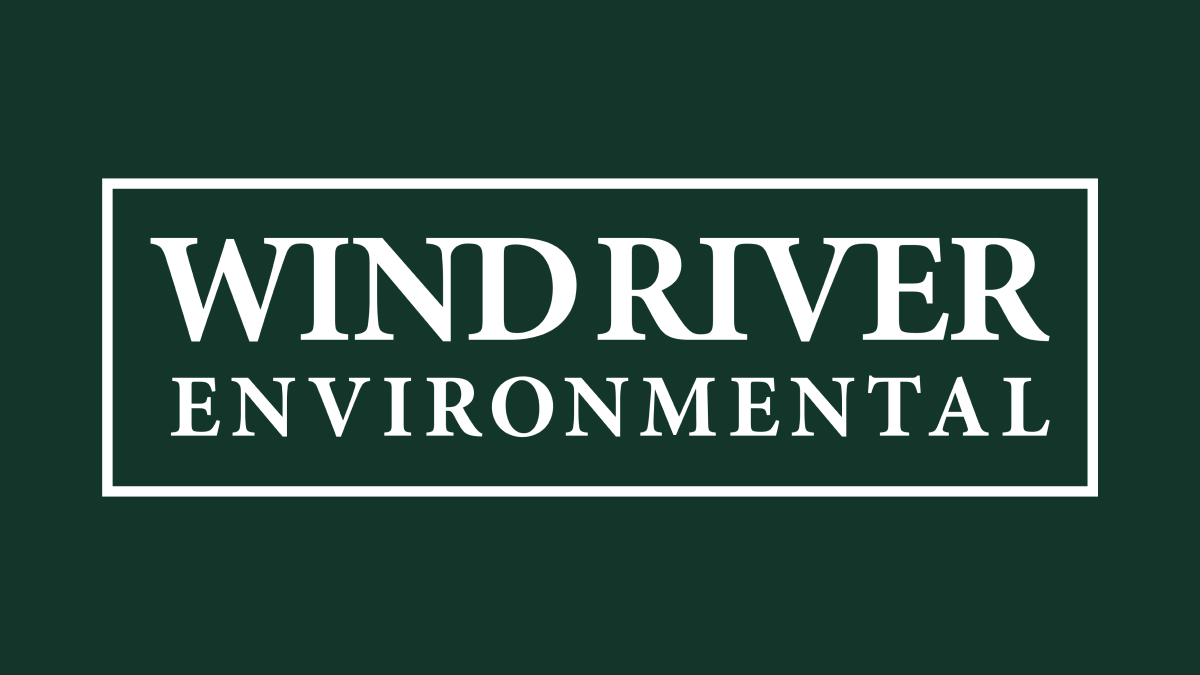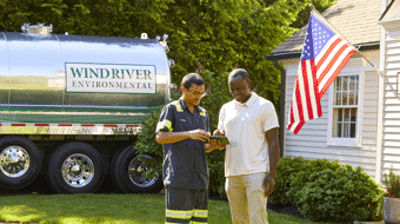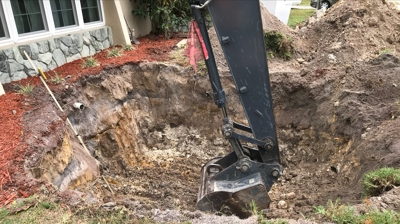How Winter Weather Affects Your Plumbing
The chilly conditions of winter can greatly affect drains and pipes, frequently resulting in serious problems that demand prompt resolution. The primary offender is freezing temperatures, which can result in the water within pipes solidifying and enlarging. This enlargement exerts tremendous strain on the pipes, which may lead to fissures or even pipe ruptures. Such occurrences can lead to expensive repair work and water-related damage.
Clogged gutters are another common winter problem. When leaves and debris accumulate, they prevent water from properly draining away. This water can then freeze, causing ice dams that may lead to roof leaks or gutter damage.
Your pipes and drains can also be affected during the winter. During this season, you may overload your septic system and put more strain on your drains and pipes with more. Bulkier laundry, increased amounts of toilet flushes, and more use of your garbage disposal.
Why You Should Clean Your Drains Before Winter
To prepare your home for the winter, you should clean your drains at the beginning of the winter season. Cleaning your drains before winter is important, as it can help in the following ways:
- Avoiding blockages. Over time, debris such as food particles, hair, and other substances can accumulate in your drains, leading to blockages. These can become more severe in winter as the cold temperatures can cause substances to harden and adhere to the pipe walls.
- Preventing unpleasant odors. The accumulation of waste materials in your drains can lead to unpleasant odors. Regular cleaning can help ensure that these materials are removed, keeping your drains smelling fresh.
- Improving plumbing efficiency. Clean drains allow water to flow freely, improving the overall efficiency of your plumbing system. This can be particularly important in winter when pipes are more prone to freezing.
- Saving money. Regular drain maintenance can help identify small issues before they become major problems, saving you money on costly repairs.
How to Winterize Your Pipes & Drains
Drain cleaning is a crucial step in preparing your pipes for winter. Over time, debris such as hair, food particles, and soap scum can build up in your drains, causing clogs and slow drainage.
In winter, these blockages can pose a serious problem. If water is unable to flow freely through the pipes, it's more likely to freeze. By having your drains professionally cleaned before the cold weather sets in, you can ensure they're free of obstructions and ready to handle the demands of winter.
Other ways you can prepare your drains and pipes for winter include:
- Seal leaks. Check for leaks around pipes and use caulking to seal any gaps. Cold air can enter through these leaks and cause pipes to freeze.
- Drain outdoor faucets. Disconnect garden hoses and drain water from outdoor faucets and sprinkler systems to protect them from freezing.
- Keep your home warm. Keep your house heated to a minimum of 55 degrees Fahrenheit, even when you're out of town. This can prevent pipes inside the house from freezing.
- Let faucets drip. If it's extremely cold outside, let your faucet drip slightly. Running water can help prevent pipes from freezing.
- Open cabinet doors occasionally. Open cabinet doors under sinks and appliances close to exterior walls to allow warm air to circulate around the pipes.
- Contact the professionals. If you're unsure about winterizing your pipes, consider hiring a professional. They can ensure that your pipes are properly insulated and prepared for the winter.
If you do run into an issue, pipelining can allow our team to complete the repair work without messing up your yard or property by avoiding digging. There are two types of pipelining: structural and epoxy. Both epoxy and structural pipelining offer effective solutions for repairing and preventing damage, each with its distinct benefits.
While neither method necessitates excavation for installation, epoxy pipelining is ideally used for preventative maintenance, whereas structural pipelining is often employed for more significant repairs. Both types are excellent in averting corrosion and leaks, yet structural pipelining proves superior for pipes that have already begun exhibiting these issues.
Our Drain Cleaning & Pipelining Services
Wind River Environmental offers residential and commercial property owners comprehensive drain cleaning and pipelining services. To schedule a service or ask questions about how to prepare your pipes and drains for the winter, call (877) 560-9007.






